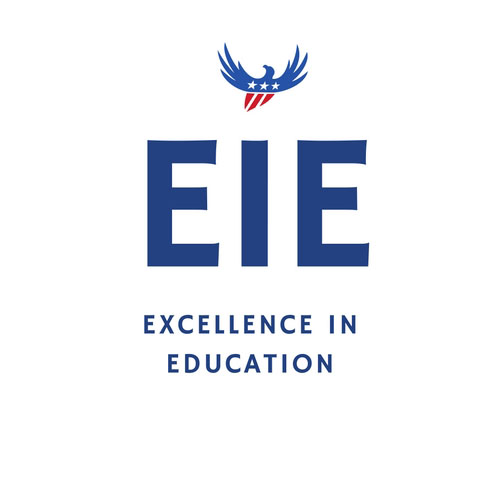
BY: Dr. Karen Chao
The summer is often a reprieve from schoolwork. With the new school year on the horizon, a lot of families are looking forward to the new school year, yet many families are dreading returning to homework battles and other school-related struggles. What can parents do to help ensure this school year will be better than last year? How do you help a struggling reader when nothing seems to make a difference?
Simply put, if your child has a vision problem, it can make reading and learning difficult. Most people incorrectly assume that if their child can see in the distance that they can see fine up close at reading distance. There are actually more than 17 different visual skills that are vital to academic performance and being able to see the letters on the eye chart is only one of those skills. In addition, the majority of eye coordination and eye movement problems that impact academic performance are not detectable through your child’s wellness check, vision screenings and most eye exams.
Homework battles often occur when there is no apparent explanation for why the child avoids reading. The child is bright, interested in and understands printed material when it is read out loud by someone else. However, when reading, the child may begin reading just fine, yet after a few words or a few minutes the child starts struggling. This is actually a sign of eye coordination and eye tracking disorders. Some additional signs revolve around homework and reading; for example, does your child:
- Get frustrated when trying to read or do homework?
- Take longer doing homework than it should?
- Have a “tracking” problem?
- Have trouble making out words?
- “Forget” to bring homework assignments home?
- Skip words or repeat lines when reading out loud to you?
- Reverse letters like b’s into d’s when reading?
- Have a short attention span with schoolwork?
If your child has any of these signs, he or she may have a fully correctable vision problem. Please don’t assume that because the results of the last vision screening were good that your child is not at risk. If your child continues to struggle with reading, it’s time to see an optometrist who provides an in-office program of optometric vision therapy. Doctors who are members of the College of Optometrists in Vision Development (COVD) provide specialized testing to evaluate all of the visual skills required for academic success; visit www.covd.org.

